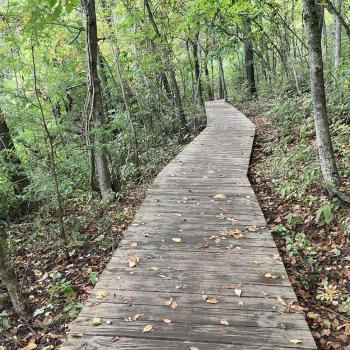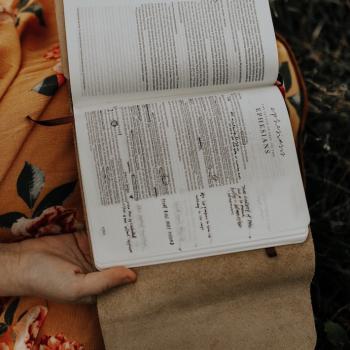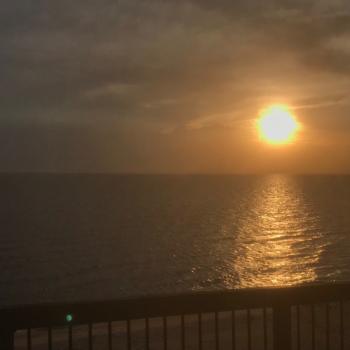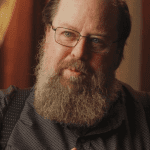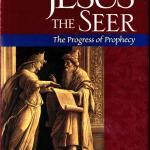How can people find out more about your faith online?
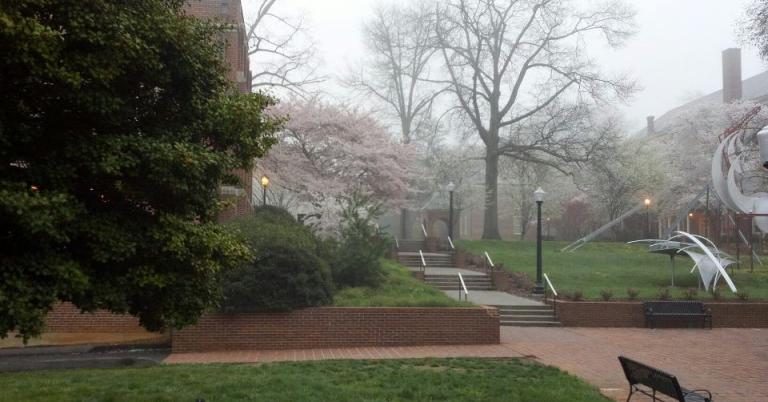
This is a primary question being asked at this time, so I thought it would be decent to take time to address the issue.
i. setting some parameters to my faith
I’m usually considered an in-betweener, maybe a bridger. At times I’m considered Ecumenical. My Catholic Padres say if their church officially recognizes the baptism of my Ecclesial Community they can call me brother.
In short, my High Church friends often think of me as an Evangelical {an overused term in my opinion}.
On the other hand, those giants of my faith on whose shoulders I stand often think of me as Ecumenical.
High Church is a term, hopefully a non-offensive term, used to describe formal and liturgical churches.
Evangelical is a term used to describe a wide array of church denominations who are considered more doctrinally-oriented, pragmatic, and perhaps more attune to cultural shifts.
Ecumenicism is a term offered for those who seem to walk between the lines, persons who can adapt and communicate across many lines.
And if you invoke as Father him who, without respect of persons, judgeth according to every one’s work: converse in fear during the time of your sojourning here. {1 Peter i.17; Douay-Rheims}
ii. at best, we’re all sojourners here on earth
At times, some of us have the privilege of sojourning with those of another faith.
This is something I’ve done quite often in my life, and yet I’ve never taken the opportunity for granted. I do sojourn in fear, or in reverence or awe.
I’m mystified by the beauty of the church visible!
As a side note, I like this translation for using the term converse.
If I could describe myself, I would have to start with this statement. If you are looking for someone who teaches Christianity from AD 1500 forward {the time of the awakenings of the Continental Reformation} then you’ve come to the wrong person. Even Martin Luther and John Calvin quote the Church Fathers very well and very often.
Therefore, I am catholic in a general way, because there was only one church for centuries. I believe in the early Church Fathers, many of whom could trace their roots back to The Twelve.
I am catholic and Wesleyan in the Holiness-Pentecostal stream.
Of course Renewal movements, like Classical Pentecostalism, can be traced throughout Church History. This is one of the driving factors in all of my research and various ways of ministering.
iii. any online resources you recommend?
This article is birthed from a two part question.
1) How can people find out more about your faith online?
I have answered this question to a certain degree in this article posted online.
2) Any online resources you recommend?
What follows are links to particular movements within the body of Christ which do inform my faith.
iv. first of all, I did mention Catholicism
I would be a hypocrite if I didn’t offer you at least one resource I regularly consult.
I have many questions for my Catholic Padres, and am always grateful for the opportunity to sit at the table as family. Whether or not you realize it, Vatican II set in motion a series of decisions inviting the rest of us back to the table of fellowship as family, the greater body of Christ. The phrase Ecclesial Communities is not to be taken lightly, a term gifted to us as an invitation.
One question I find difficult to answer is, “Why reinvent the Christian calendar?” It’s like trying to reinvent the wheel. The United States Conference of Catholic Bishops has plenty of resources of this nature.
Click on the Daily Readings calendar, and then click on the event for each day. You’ll see a prayerful liturgy you can read: CLICK
v. Wesleyan
In all honesty, although the Wesley Brothers start Methodism with a handful of others at Oxford, John Wesley never leaves the Anglican Church. There are online Anglican resources available like the Catholic Daily Readings I mention above.
However, I would like to focus on grad school. In my 2nd master’s, I stepped outside the Pentecostal-Charismatic realm and into the realm of Confessional Community. Although I’m offering a link to what may look like a “Doctrinal Statement,” it is far more like a confession. In other words, while Evangelicals may spend their time in discipleship studying doctrines and pragmatics, a confessional community studies the great confessions of the church.
What were the great Ecumenical statements {and there are at least 7}?
What did the great Ecumenical Councils and regional Synods offer us?
How do these statements speak to us today?
The “Doctrinal Statement” becomes a confession when a community of faith adopts it together and speaks it as a unifying truth. This is one of the reasons we speak the Nicene Creed on a regular basis at countless congregations. This is why countless Christians globally bind themselves to the Nicene Creed.
For the confession at my 2nd grad school Asbury Theological Seminary CLICK
vi. Holiness-Pentecostal Stream
At this particular point in time, I’m sojourning again, walking in two denominations. Granted, they are sister denominations and both Pentecostal.
Church of God {of Cleveland} CLICK
Valley Church is part of the Church of God denomination. If you snoop around enough on the above website, you will find my local congregation. I could not be happier with the congregation and leadership. I am proud of my family and the ways each one is involved.
For the What We Believe statement of Valley Church CLICK
Pentecostal Church of God {PCG} CLICK
As stated, there is little difference between the PCG and Church of God. I have been a minister with the PCG since 1993, from local Pastor and Evangelist roles to roles as a Presbyter.
The reason I am including both is there is a stronger holiness emphasis in the Church of God, at least on paper.
vii. the doctrine of subsequence
The leaders at Valley Church define sanctification {i.e. holiness} this way:
{We believe} “In sanctification subsequent to the new birth, through faith in the blood of Christ; through the Word, + by the Holy Ghost.”
The idea of subsequence is very much in line with the Wesleyan idea of perfected love, holiness, entire sanctification, real Christianity, etc. There are many terms for this process; over 300. The idea is there is at least one work subsequent to salvation, the possibility of real holiness or sanctification.
For the record, the Wesley brothers never define sanctification as some type of superpower or invincibility. No one defines sanctification as an ability to stop sinning for the rest of one’s life.
However, we can define sanctification as a shift in desire. The desire to sin fades away completely as one desires to walk with our Lord. Sanctification then is a new, or subsequent, posture of the heart after initial salvation.
viii. gradual vs. cataclysmic sanctification
Does sanctification occur gradually or in a cataclysmic life-changing moment? John Wesley personally witnesses and writes of countless Methodists who experience a cataclysmic change. In an instant, they go through the refiner’s fire so to speak.
The beauty of the doctrinal statement from the PCG is we see that sanctification can and does happen both ways.
“The Bible teaches that without holiness no man can see the Lord (Hebrews 12:14). We believe in the doctrine of sanctification as a definite, yet progressive, work of grace, commencing at the time of regeneration and continuing until the consummation of salvation (Hebrews 13:12; 2 Thessalonians 2:13; 1 Peter 1:2; Ephesians 5:26; 1 Corinthians 6:11; John 17:17; 1 Thessalonians 5:23).”
Sanctification can occur in a definite way and in a definite moment. It can be cataclysmic so to speak. There is room in the PCG to believe in sanctification as an example of a subsequent work of salvation.
Sanctification can also be a progressive work of grace, as if the Holy Spirit takes one by the hand, walks him/her out of darkness, and into the marvelous light.
notes:
Because of the personal nature of this article, I am placing it in the Narrative category online. To read related articles from the Archive: CLICK
pic credit: Michael Santoroski | Springtime at Roanoke | 03.23.12 | creative commons
This is a picture of Roanoke College, the 2nd oldest Lutheran College in America. Roanoke College is devoted to Ecumenicism and to the Liberal Arts, however the school still values its Lutheran heritage.
The thumbnail featured image is the clocktower and walkways at Spring Arbor University, a truly Ecumenical school.








